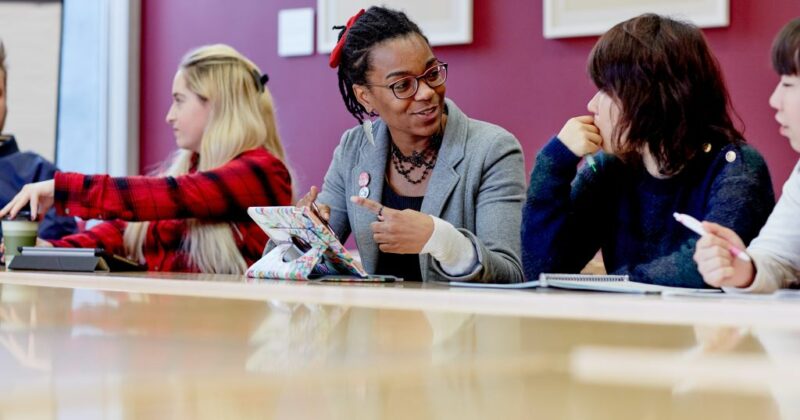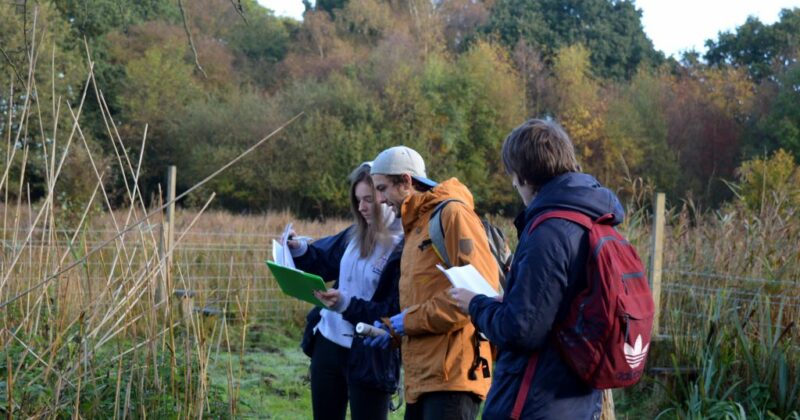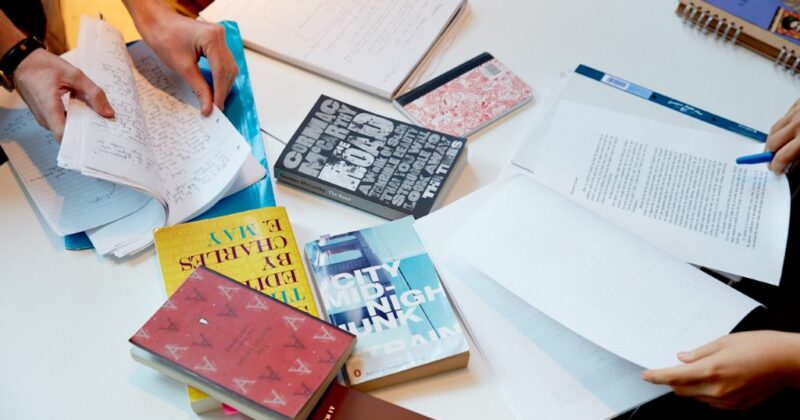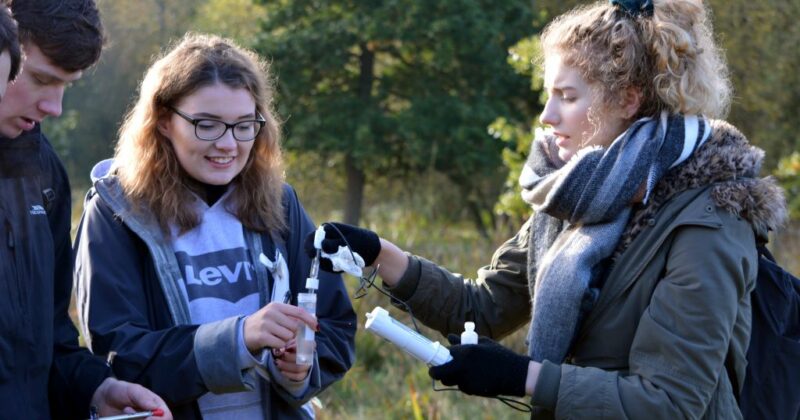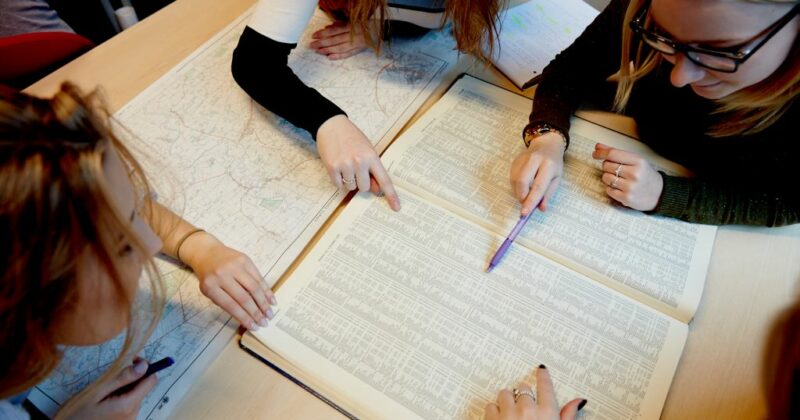
Introduction to Comprehensive Meta-Analysis
Session facilitator: Dr Daniel Madigan
In this session, I aim to provide a summary of meta-analysis for those unfamiliar with this analytical approach. I hope to cover: (1) what meta-analysis is, (2) the types of questions that can be answered with meta-analysis, (3) how to conduct meta-analyses, and (4) what software is available to do so.
Learning Outcomes:
(1) Understand what meta-analysis is
(2) Understand the types of questions that can be answered with meta-analysis
(3) Understand the main steps in conducting a meta-analysis
Click on this link to book your place via Eventbrite
This session will be take place on Teams and will be recorded...
